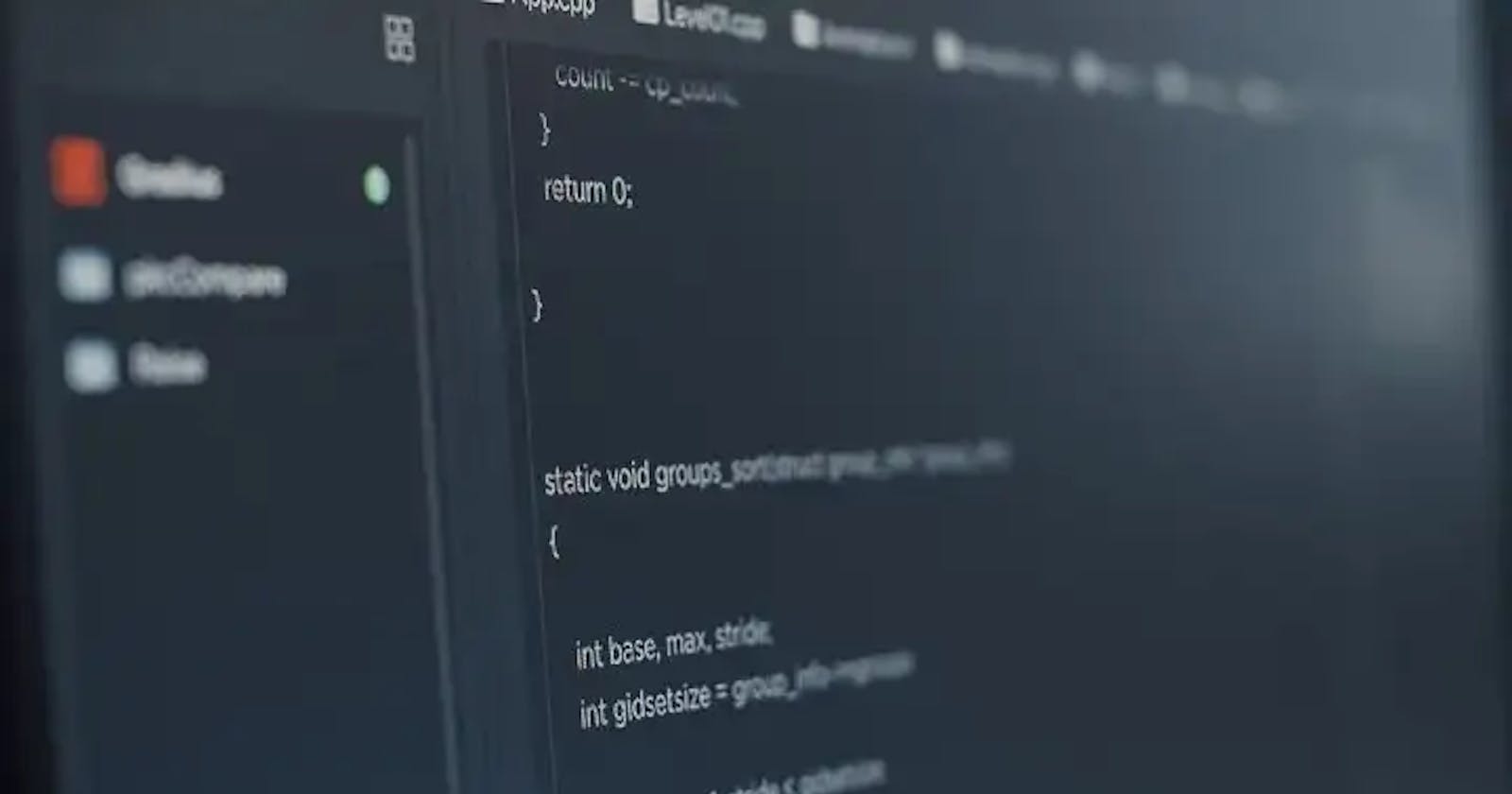The mother of all languages. Likely the most popular programming language in the world today, C is a powerful all-purpose programming language. C language is used to develop operating systems, compilers, databases, etc.
C is the first programming language I’m learning. While it is the first programming language to learn in my programming course, after extensive research, I found that beginning my programming quest with C made sense to me. In starting with C language, I will have a firm, underlying understanding of the architecture of processes at the ground level. Learning other (high-level) programming languages will be easier as most of them borrow or are built using C.
6 Facts About C Program
During the early 1970s, C succeeded B as a programming language.
UNIX was written totally in C and invented by Dennis Ritchie.
C program is a procedural language. C programs follow steps to execute instructions.
C program is fast. Unlike other programming languages like python or java, C displays more speed due to the absence of specific features that sacrifice speed and increase size.
C program is portable. C programs run on different operating systems without significant changes after transfers.
C program is a powerful general-purpose language. It is suitable for developing operating systems, embedded systems, databases, etc.
Reasons to Learn C Program as a Beginner
As a beginner in Software Engineering, the following reasons convinced me about the benefits of learning C programming first, aside from the fact that it’s a part of my course curriculum. Obviously.
- Build a strong programming foundation
C program teaches one how to code, understand how the code gets executed on the computer, and memory mapping. This understanding of underlying processes helps to build a strong programming foundation.
- Produces Efficient codes
C program has a speedy execution time, its syntax is easy, and processors execute the code smoothly. You will learn how to code cleanly and efficiently as well.
- Versatile
The widespread use of C programming includes its execution in any operating system, the programming of various hardware (microcontrollers, robots, etc.), and platform-independent.
- Middle-level language
C programming language minimizes the difference between high-level and low-level programming languages. With C, you can write application-level programming and create operating systems.
- Execution time is low
Unlike other programming languages, the execution of C programs and codes is fast and efficient. The absence of processes like garbage collection increases the compilation and runtime.
- Fewer libraries
C programming, unlike most other programming languages, has fewer libraries. Therefore, you learn C by writing your code from scratch. As a result, you improve your analytical skills to resolve analytical problems.
Is C Programming Language Hard or Easy?
The opinion about the difficulty of learning the C programming language varies from person to person. The consensus is that C is a challenging programming language to learn and ace. From personal experience, the deeper I go, the harder it becomes. The easiest part so far has been learning the syntax.
The deeper I go into C, the more perplexing it appears. In desperation, I have done a Google search, “How long will it take to learn C language?” The good news is that I can learn it in months. But. Mastery could take years. Sigh. As with all things, consistency increases perfection. Therefore, I will have to breathe a bit more of C daily for the foreseeable future.
Image source: DCStudio on Freepik
